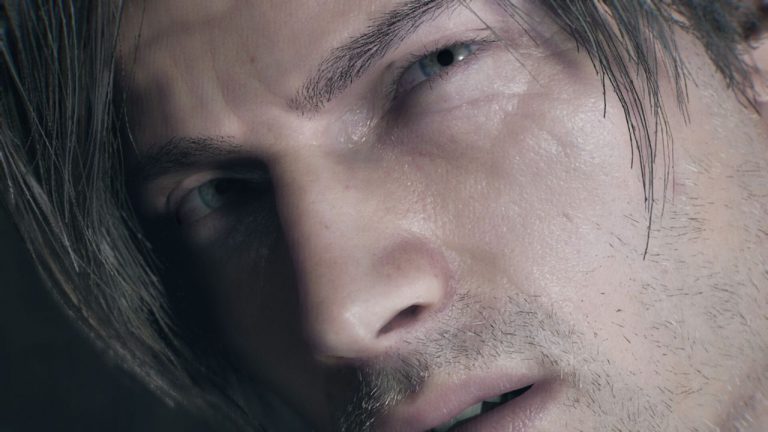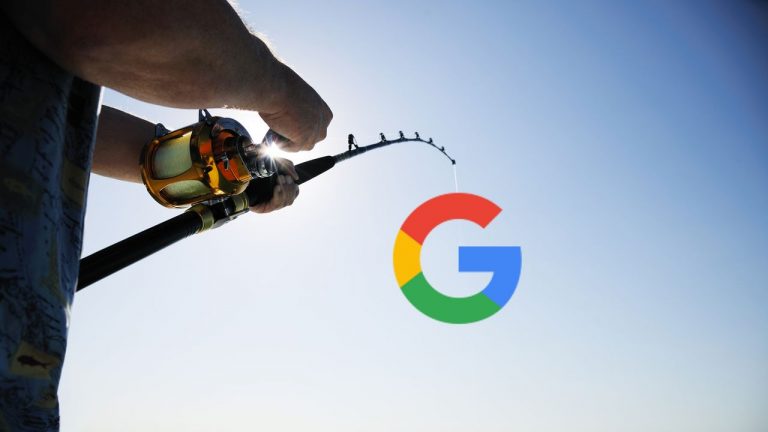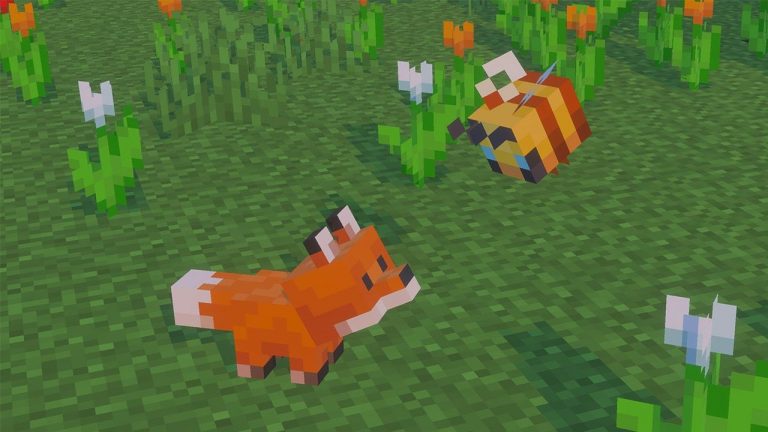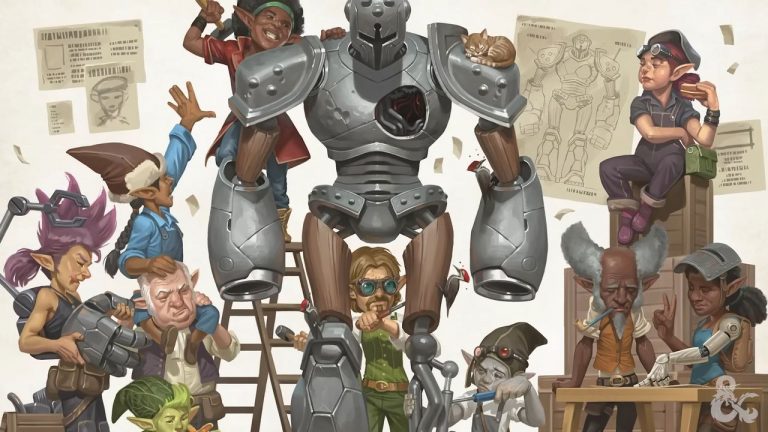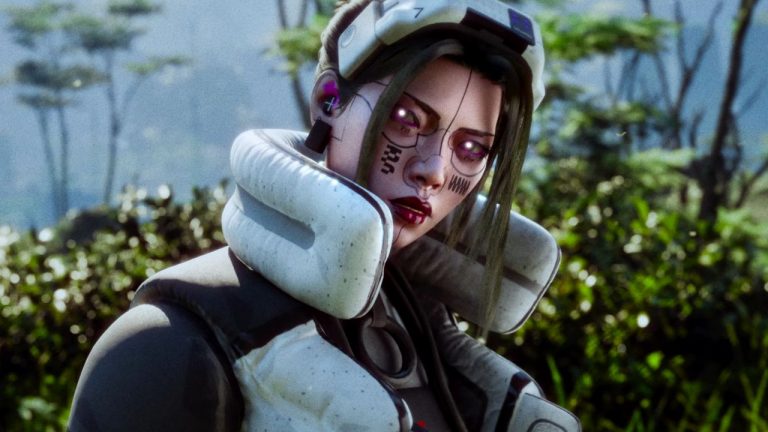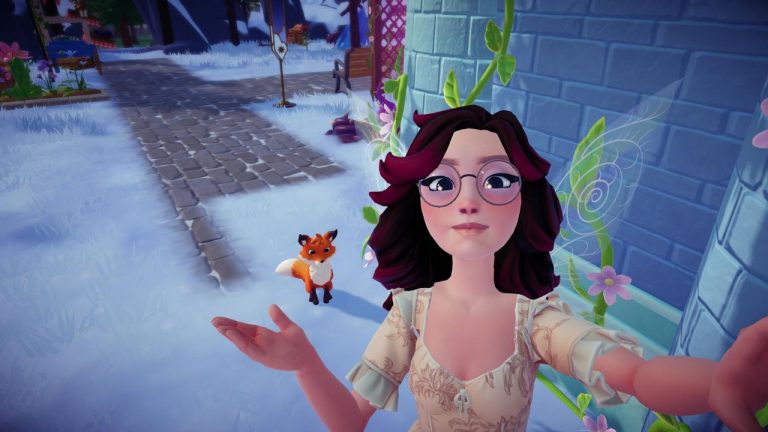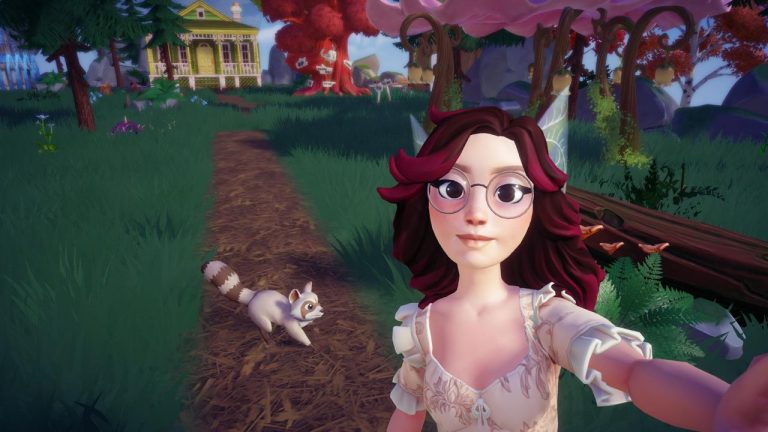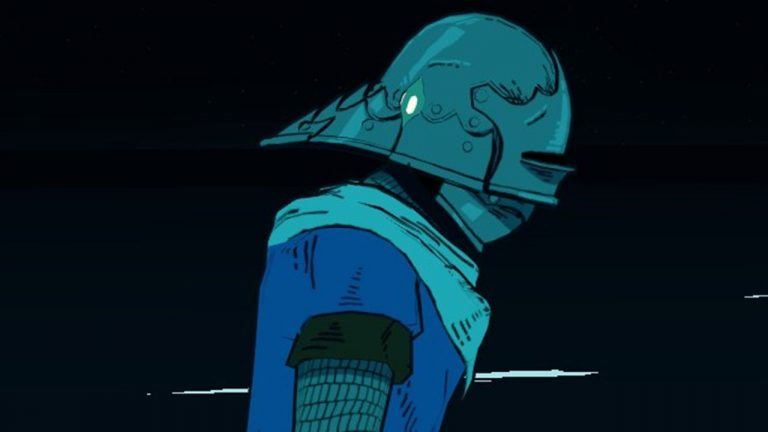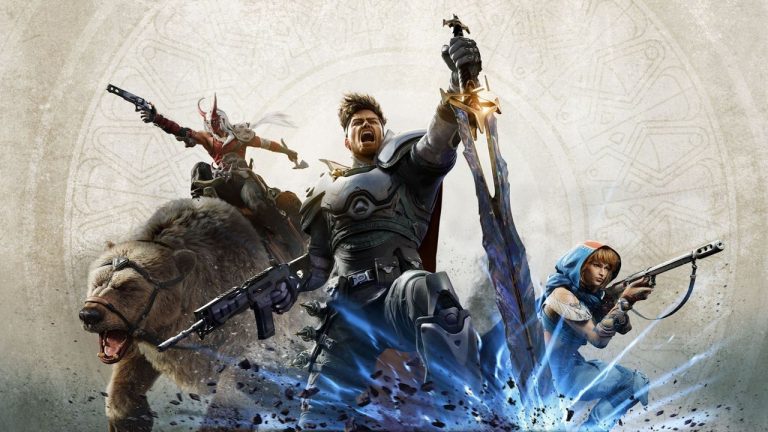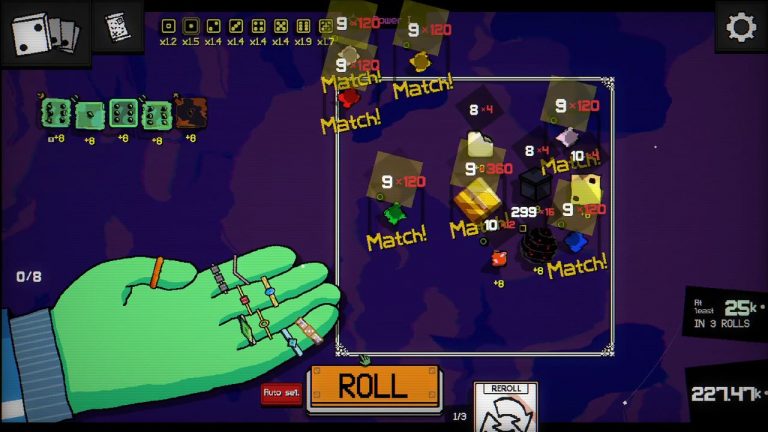Elon Musk has a chatbot. An edgy chatbot, no less. It’s called Grok and it’s set to go open-source sometime this week. Which bits of the bot will be open to the scrutiny of others isn’t entirely clear yet, as Musk has only published his plans in a seven-word post on X. However, the move does appear to have been spurred by Musk’s tumultuous relationship with the creator of ChatGPT, OpenAI.
Musk co-founded OpenAI in 2015 but his role has diminished over time. Last week, Musk filed a lawsuit against the company and its CEO, Sam Altman. In it, he claimed that OpenAI breached its original charter when it signed up to a multi-billion dollar deal with Microsoft and that the company, famed for ChatGPT, is no longer open—a claim Musk is seemingly referencing in a recent reply to a user on X that reads “OpenAI is a lie”.
The lawsuit claims that Musk, Altman, and now president of OpenAI, Greg Brockman, had agreed that the founding agreement of OpenAI would be to offer a counterweight to commercial artificial general intelligence (AGI), which allegedly both Musk and Altman shared similar views on being a serious threat to humanity. The lawsuit states the three went as far as to memorialise their aims in the company’s Certificate of Incorporation, noting “resulting technology will benefit the public and the corporation will seek to open source technology for the public benefit when applicable. The corporation is not organized for the private gain of any person.”
Musk claims the company has departed from that founding agreement in seeking profit and its ties with Microsoft.
“To this day, OpenAI, Inc.’s website continues to profess that its charter is to ensure that AGI ‘benefits all of humanity.’ In reality, however, OpenAI, Inc. has been transformed into a closed-source de facto subsidiary of the largest technology company in the world: Microsoft,” the lawsuit alleges.
This week, @xAI will open source GrokMarch 11, 2024
Meanwhile, OpenAI has rebuffed these claims in a blog post, which includes emails from Musk wishing to merge OpenAI into Tesla and to be CEO of a then-planned for-profit entity. Musk later decided to leave OpenAI and make his own AGI, through Tesla, which brings us on to xAI and Grok.
Grok is not AGI, but it’s also locked behind a subscription to X, which means less have come into contact with it than world-famous ChatGPT. It’s a chatbot that’s been designed to “answer questions with a bit of wit and has a rebellious streak, so please don’t use it if you hate humor”, as the xAI website states. It’s still in its early stages, and admittedly reeks of teenage cringe, but it works with real-time information and is reportedly going open-source—the latter being the most developed area for Musk, at this time.
(Image credit: Jakub Porzycki/NurPhoto via Getty Images)
What is artificial general intelligence?: We dive into the lingo of AI and what the terms actually mean.
Open-source systems are often cited as the preferable option for any form of software, at least in my books, and Musk definitely isn’t alone in chasing a more open form of AI, either. Meta’s Mark Zuckerberg has also announced that it is focusing on building AGI and that it will be open-source.
“This technology is so important, and the opportunities are so great, that we should open-source and make it as widely available as we responsibly can. So that way everyone can benefit,” Zuckerberg said in a Threads video.
Google’s Gemini AI which competes with ChatGPT is a closed ecosystem, though the company has released another open-source model called Gemma.
Meta says it’ll ramp up to 350,000 Nvidia H100 GPUs by the end of the year, with other GPUs contributing further compute resources too. That’s the other story here: Nvidia looks to be the company most set to gain from the race to more powerful AI models. AMD, too, has plenty of interest in its Instinct line-up of compute chips, which some favour for supporting a more open ecosystem than Nvidia’s mostly closed-off CUDA library.



